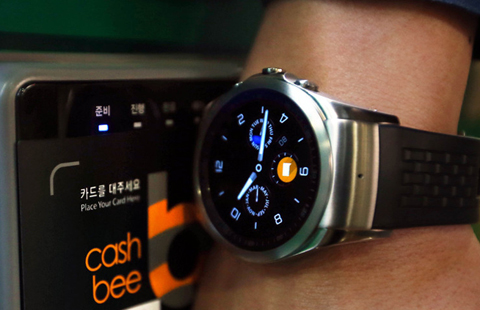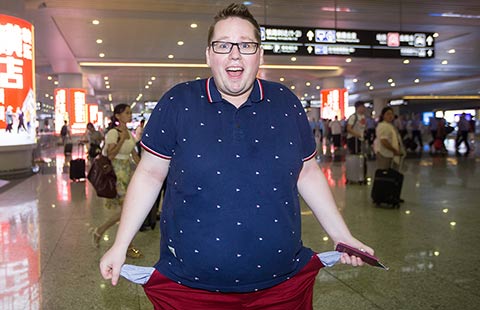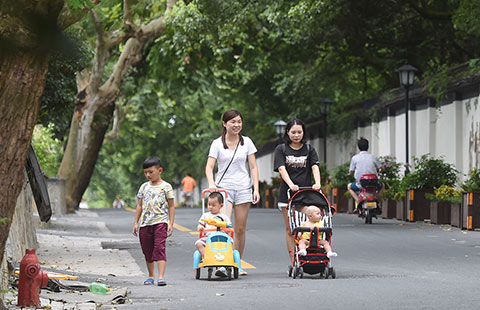China may stick to prudent monetary policy
(Xinhua) Updated: 2013-01-10 09:52Hua Zhongwei, a researcher with Huachuang Securities, said the global monetary expansion will push up commodity prices, which will certainly affect domestic prices.
According to Lu Zhengwei, chief economist with the Industrial Bank, China's broad money supply growth is targeted at around 14 percent, and the new yuan loans target is 9 trillion yuan. Both goals are relatively loose.
But considering the increased pressure of inflation, authorities are expected to tighten monetary supply in the latter half of the year, he noted.
UBS economist Wang Tao predicted inflation will rebound above 3.5 percent in mid 2013 and credit expansion will slow in the latter half of the year. The possibility of a hike in interest rates can not be ruled out, Wang added.
Central banks have traditionally faced the conundrum of finding a balance between maintaining growth and taming inflation.
Zhou Xiaochuan, China's central bank governor, said last November at an annual forum organized by business news group Caixin Media that China's monetary policy has multiple goals: stabilizing growth and consumer prices, ensuring full employment and balancing international payment.
The target of stabilizing prices will probably be given a more prominent position, he said.
Special Coverage
Related Readings
China's GDP to grow 8.6 percent in 2013: HSBC
Economists give bullish outlook
China to slightly ease monetary policy in 2013
Central bank to keep monetary policy stable
Turning point in central bank's monetary policy
New monetary easings raise concern
- Top 5 smartwatches in customer satisfaction
- China to formulate accountability system for SOE managers
- Innovation event for college students held in Hebei
- Govt to offer 'big stage' for private investors
- China Telecom reports higher profits in first half on surging 4G users
- China's top economic planner drives PPP project growth
- Major SOEs lay foundations of merger
- Anbang seeks bank IPO help



















